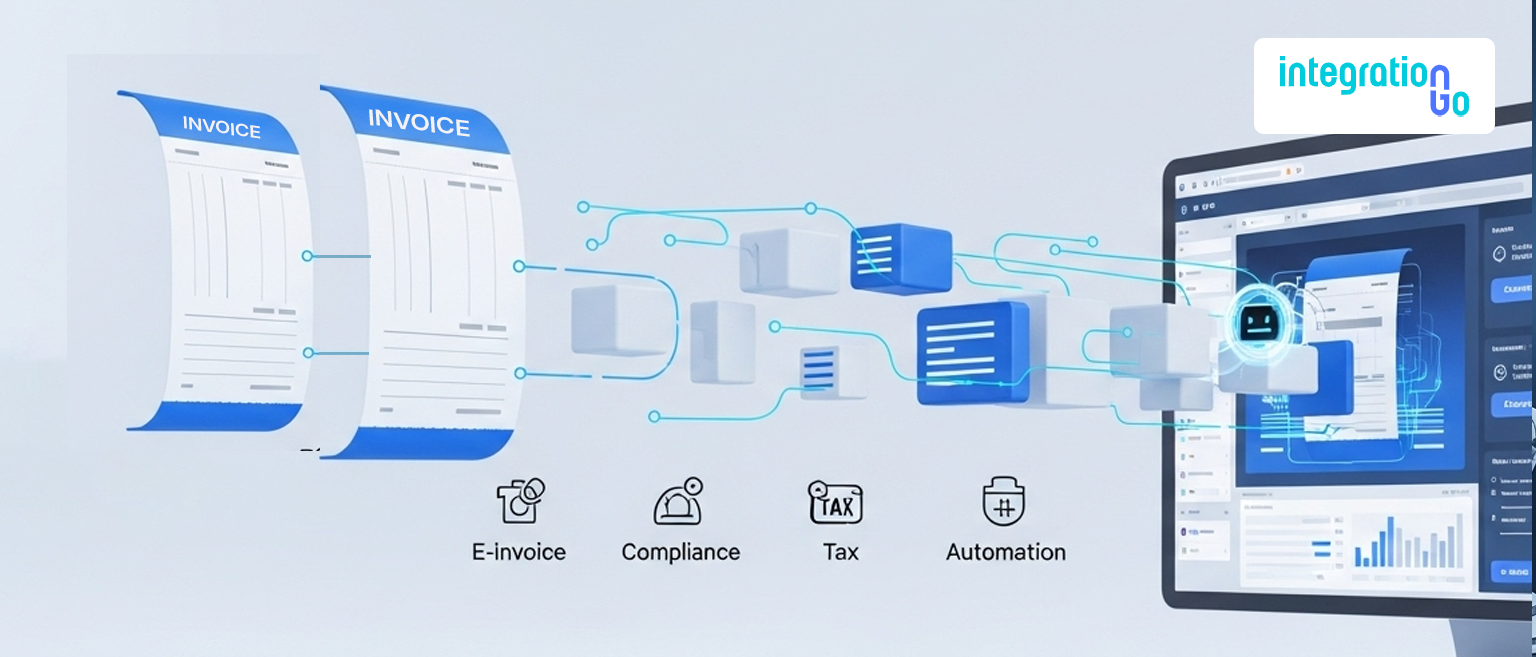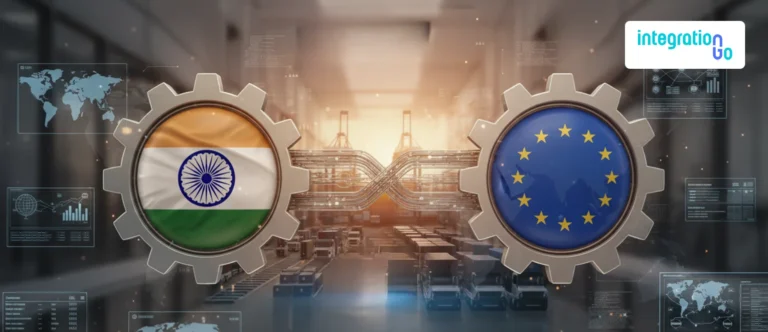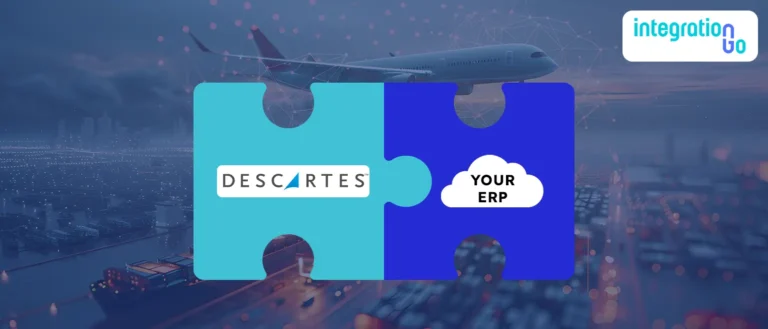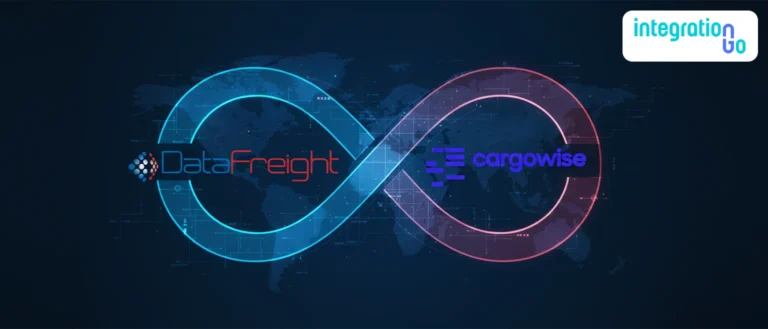In today’s fast-evolving global trade environment, regulatory compliance has taken center stage. One area where governments have tightened control is invoicing. Many countries now require electronic invoicing (e-invoicing) for business transactions. For freight forwarders and logistics companies, this presents both a challenge and an opportunity.
E-invoicing integration is the solution that bridges your ERP system, like CargoWise, with government-mandated e-invoicing platforms. This integration simplifies the entire invoicing process, eliminates manual data entry, and ensures your business meets legal and tax requirements without extra effort.
Understanding E-Invoicing Integration
E-invoicing integration is the connection between your internal accounting or logistics system and a government’s e-invoicing portal. This integration allows invoices to be submitted electronically in real time, following the specific format and compliance rules set by that country’s tax authority.
For example, in India, integration would connect your ERP with the NIC portal for GST compliance. In Saudi Arabia, it would align your system with ZATCA Phase 2. In Latin American countries like Mexico or Chile, integration would ensure compliance with CFDI standards.
This automation removes the need for your team to manually upload invoice data into government systems, reducing the risk of errors, delays, and fines.
How does E-invoicing Integration Work with CargoWise?
When integrated correctly, CargoWise can handle e-invoicing as part of your daily workflow. Here’s how the process typically works:
- Your team generates an invoice in CargoWise just like they normally would.
- The integration module formats the invoice according to the government’s required standard (such as XML, JSON, or UBL).
- It then submits the invoice directly to the appropriate tax portal.
- The portal responds with a confirmation, invoice reference number, QR code, or approval token.
- CargoWise stores that respond with the invoice, making it legally valid and audit-ready.
- This process happens within seconds, with no extra action required from your staff.
Why do Freight and Logistics Companies Need E-Invoicing Integration?
For companies in logistics, e-invoicing integration offers more than just tax compliance. It improves financial accuracy, speeds up processing, and allows your team to focus on higher-value tasks.
Here are a few clear reasons why your business needs it:
1. Mandatory Compliance:
Many countries now require businesses to issue electronic invoices through certified systems. Without integration, companies risk rejection, penalties, or loss of tax credits.
2. Time Savings:
Manual upload of invoices to government portals can take hours per week. Integration allows invoices to be sent instantly with no repetitive steps.
3. Fewer Errors:
E-invoicing integration reduces common mistakes such as incorrect tax IDs, duplicate invoice numbers, or mismatched totals, all of which can delay payments or lead to audits.
4. Faster Payment Processing:
With real-time submission and validation, customers and tax authorities process invoices faster. That means quicker approvals and better cash flow.
5. Simplified Auditing:
All invoice approvals, tax data, and transaction references are stored securely in CargoWise, helping with internal and external audits.
What Happens Without Integration?
If you continue using manual methods to handle e-invoicing, your team will need to:
- Export invoice data from CargoWise
- Reformat it to meet government standards
- Log in to the tax portal
- Manually enter or upload each invoice
- Track and reconcile invoice responses separately
This process is not only time-consuming, but it's also prone to errors that can lead to compliance issues, delayed payments, or customer dissatisfaction.
How Can IntegrationGo Help?
At IntegrationGo, we provide fully managed e-invoicing integration solutions designed for freight forwarders using CargoWise and other ERPs. Our team understands both tax compliance rules and logistics workflows, which means we build integrations that actually work the way your business does.
Here’s what we offer:
- Ready-made connectors for global tax platforms
- Custom mapping of invoice data to meet your country’s rules
- Real-time error tracking and government response monitoring
- Ongoing support to handle regulation updates or system changes
- Easy onboarding, even if you’re new to e-invoicing
With IntegrationGo, your e-invoicing process becomes an automated, invisible part of your everyday finance operations.
Conclusion
E-invoicing isn’t just about following tax laws, it’s about simplifying your operations and building trust with partners and customers. When your systems are integrated, you save time, reduce risk, and stay ahead of government changes.
If you're already using CargoWise or another ERP, now is the time to connect it with e-invoicing portals. The right integration will save your team hours, protect your compliance, and speed up your payments.
Want to see how it works in real life? Book a free consultation with IntegrationGo today and let us help you connect your CargoWise system to government tax platforms securely, accurately, and effortlessly.




